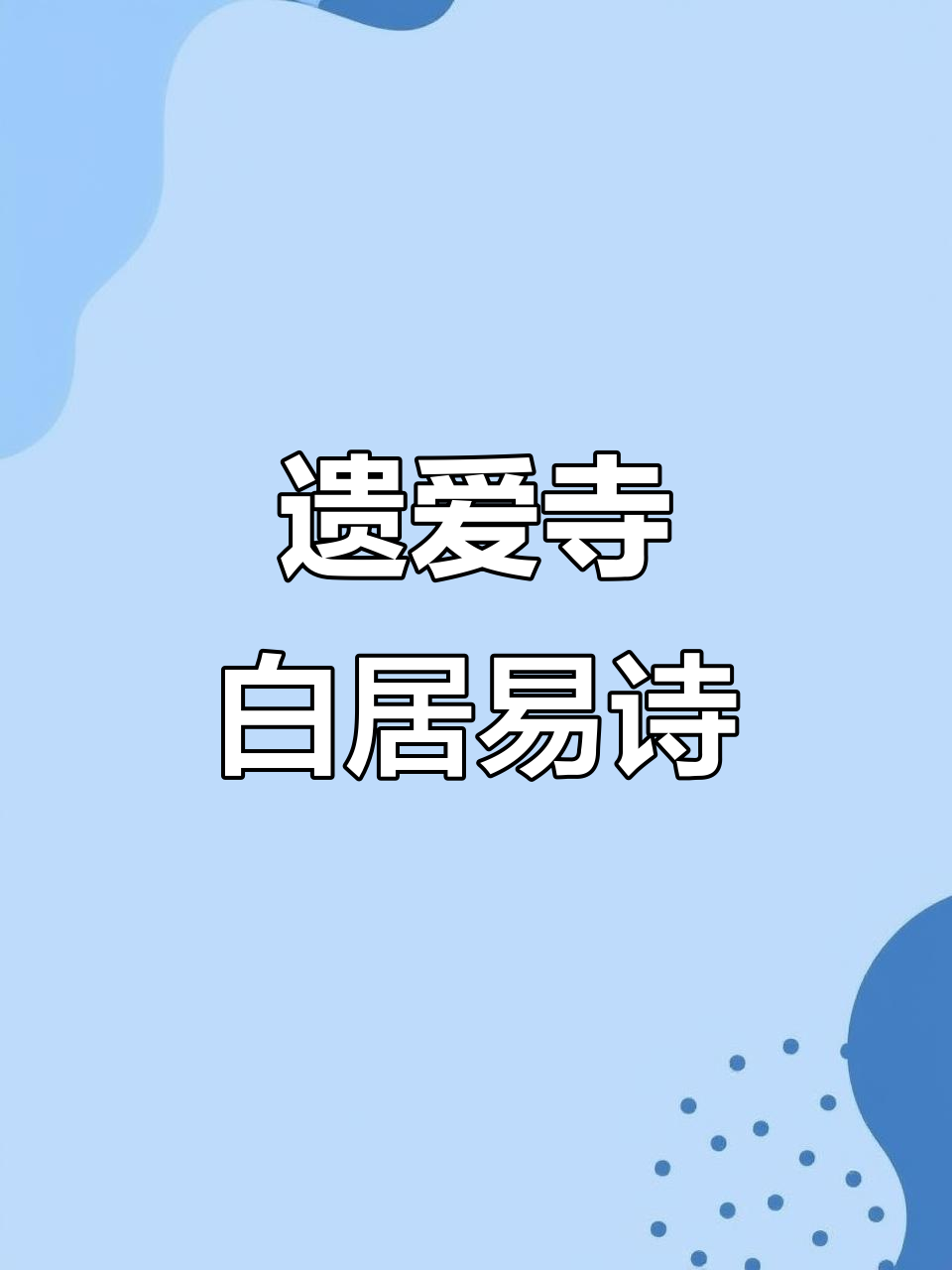The Hu Weiyong case in history, also known as the Hu Party Prison or simply the Hu Prison, was one of the four major cases of the early Ming Dynasty. So what is the true story of the Hu Weiyong case? Below, the history encyclopedia editor will bring you a detailed introduction. Let’s continue reading.

In the 13th year of the Hongwu reign (1380), Emperor Taizu of the Ming Dynasty executed the nine clans of Prime Minister Hu Weiyong on charges of “plotting against evil”, and also killed several officials including the Grand Censor Chen Ning and the Central Minister Tu Jie. In the 23rd year of the Hongwu reign (1390), Zhu Yuanzhang issued the “Announcement of the Record of the Corrupt Party” and executed founding heroes such as the Korean Duke Li Shanchang, the Marquis Lu Zhongheng, and the descendants of the late Tengguo Duke Gu Shi for conspiring with Hu Weiyong to commit misconduct. Later, Hu Weiyong was accused of colluding with the Wa and Tongyuan (Northern Yuan) factions, and his followers were investigated. Over 30000 people were executed before and after, and he was known as the “Hu Prison”.
background
In the sixth year of Hongwu (1373), Li Shanchang, the leader of the Huai Xi faction, recommended his fellow townsman and in law Hu Weiyong as the Right Prime Minister. In September of the tenth year of Hongwu (1377), Hu Weiyong was promoted to the position of Left Prime Minister. He served as prime minister for seven years, during which he planted factions throughout the court and spared no effort in cracking down on dissidents, causing the power of the Huai Xi faction to continue to expand. For example, Liu Ji, a native of Qingtian, Zhejiang, once assisted Zhu Yuanzhang and made great contributions, but due to his conflicts with the Huai Xi clique, he has not been highly valued.

After the founding of the Ming Dynasty, Zhu Yuanzhang conferred great titles on meritorious officials, while Liu Ji was only honored as a sincere uncle with a yearly salary of only 240 stones. And Li Shanchang was awarded the title of Duke of Korea with a yearly salary of 4000 stones. The following year, Liu Ji retired and returned to his hometown. However, due to his statement to Zhu Yuanzhang that Hu Weiyong was not suitable for the position of prime minister, he was deeply resented by the latter and was dismissed from his position. In the eighth year of Hongwu (1375), Liu Ji fell ill. Hu Weiyong sent doctors to visit him, but Liu Ji died shortly after taking the medicine.
Of course, excluding dissidents is not the key to the Hu Weiyong case. In fact, the crux of the Hu case lies in his excessive autocratic behavior, often handling major cases such as the killing and expulsion of officials without consulting with Zhu Yuanzhang. This naturally made Zhu Yuanzhang, who had a strong desire for power, deeply feel the crisis of the prime minister’s monopoly on power and the decline of imperial power.
pass through
In January of the 13th year of the Hongwu reign (1380), Prime Minister Hu Weiyong called the gushing of Li Spring from his old mansion’s well auspicious and invited Zhu Yuanzhang to come and observe. Zhu Yuanzhang happily went there. When he reached the Xihua Gate, eunuch Yun Qi tightly grabbed the reins, unable to speak, and desperately pointed towards the Hu family. Zhu Yuanzhang felt the situation was serious and immediately returned. When he climbed up to the palace, he found that there was dust flying over Hu Weiyong’s house and soldiers hidden in the walls and passages. Furious, Hu Weiyong, Chen Ning, and others were executed on the same day on charges of “abusing the law to falsely accuse virtuous people” and “sabotaging politics”.
At the same time, by using excuses to pursue their friendship, a large number of founding heroes and generals, including the first hero of the founding of the country, the Korean Duke Lee Sun chang, were implicated, resulting in more than 30000 deaths, known as the Hu Weiyong case in history. The Hu Weiyong case and the Lan Yu case are collectively known as the Hu Lan Prison, which was executed until the 25th year of the Hongwu reign (1392).
In the 18th year of the Hongwu reign (1385), someone reported that Li Cunyi and his son Li You had conspired against Hu Weiyong. In the 19th year of the Hongwu reign (1386), Lin Xiantong, the commander of the Mingzhou Guard, was involved in a Japanese invasion. After interrogation, it was found that he was under the command of Hu Weiyong. Li Shanchang borrowed 300 guards from Duke Tang He of Xinguo in order to carry out large-scale construction. Tang He secretly reported to Zhu Yuanzhang. Zhu Yuanzhang issued an edict to Li Shanchang, stating that he was a member of the imperial family, known for his rebellion but did not act, suspicious and watchful of both ends, and committed a great rebellion. More than 70 people, including his wife, were punished.
Lu Zhongheng’s servants accused him of colluding with three marquises, Tang Shengzong, Fei Ju, and Zhao Xiong, and accused him of conspiring with Hu Weiyong to commit misconduct. Song Shen, the grandson of Song Lian, was also implicated and killed, and Song Lian himself was demoted to death in Maozhou, Sichuan. Zhu Yuanzhang specially issued the “Announcement of the Record of Traitors”.
However, according to historians’ research, there was no eunuch pulling the reins to prevent Zhu Yuanzhang from entering the Hu family. The character Yunqi is only fabricated by official history.


